Your vehicle’s engine is its heart, and like any crucial component, it requires proper care and maintenance to function efficiently and last longer. Unfortunately, certain habits can significantly decrease the engine life, leading to costly repairs or even premature replacement. In this article, we’ll explore seven common mistakes that can reduce your engine’s lifespan and provide detailed steps on how to avoid them.
Table of Contents
1. Neglecting Regular Oil Changes
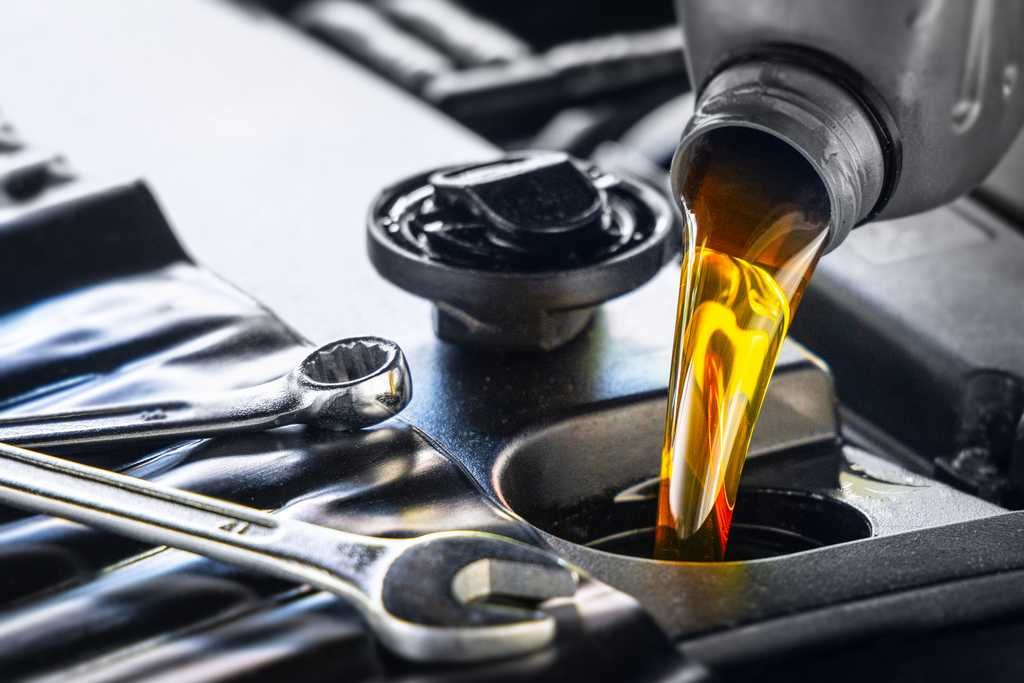
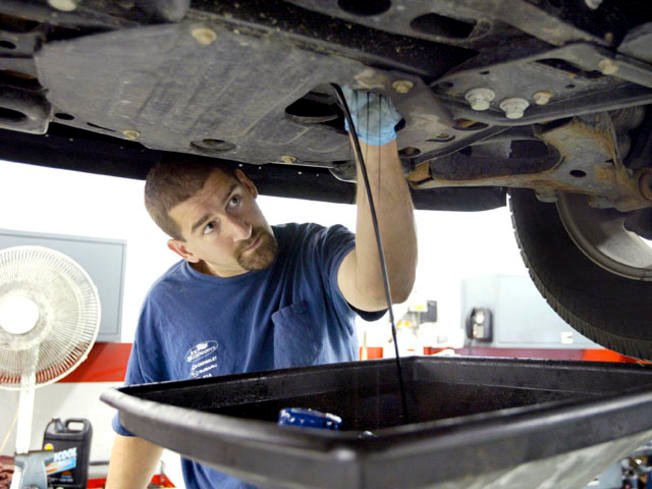
Why It Happens:
Oil is the lifeblood of your engine, lubricating moving parts, reducing friction, and helping to dissipate heat. Over time, oil breaks down and becomes contaminated with dirt, debris, and combustion byproducts. Neglecting regular oil changes allows these contaminants to build up, leading to increased wear and tear on engine components.
Steps to Avoid:
- Follow Manufacturer Recommendations: Consult your vehicle’s owner manual for the recommended oil change intervals. Most manufacturers suggest changing the oil every 3,000 to 7,500 miles, depending on the type of oil and driving conditions.
- Use the Right Oil: Always use the type of oil specified by the manufacturer. Using the wrong oil can lead to inadequate lubrication and increased engine wear.
- Monitor Oil Levels: Regularly check your oil level and top up if necessary. Low oil levels can cause overheating and damage engine components.
2. Ignoring the Check Engine Light
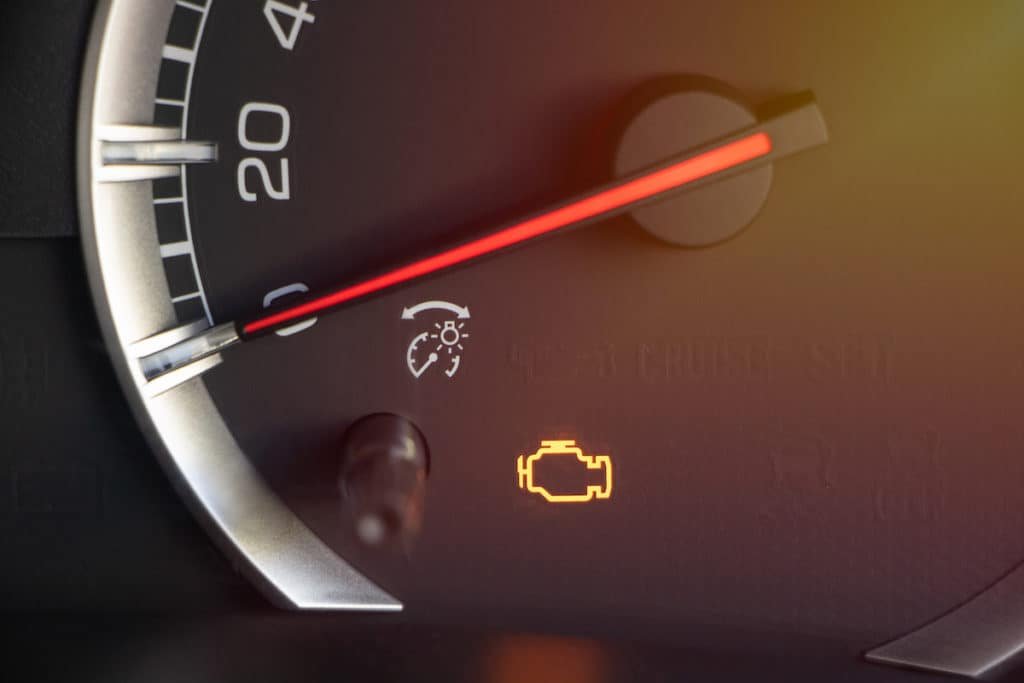
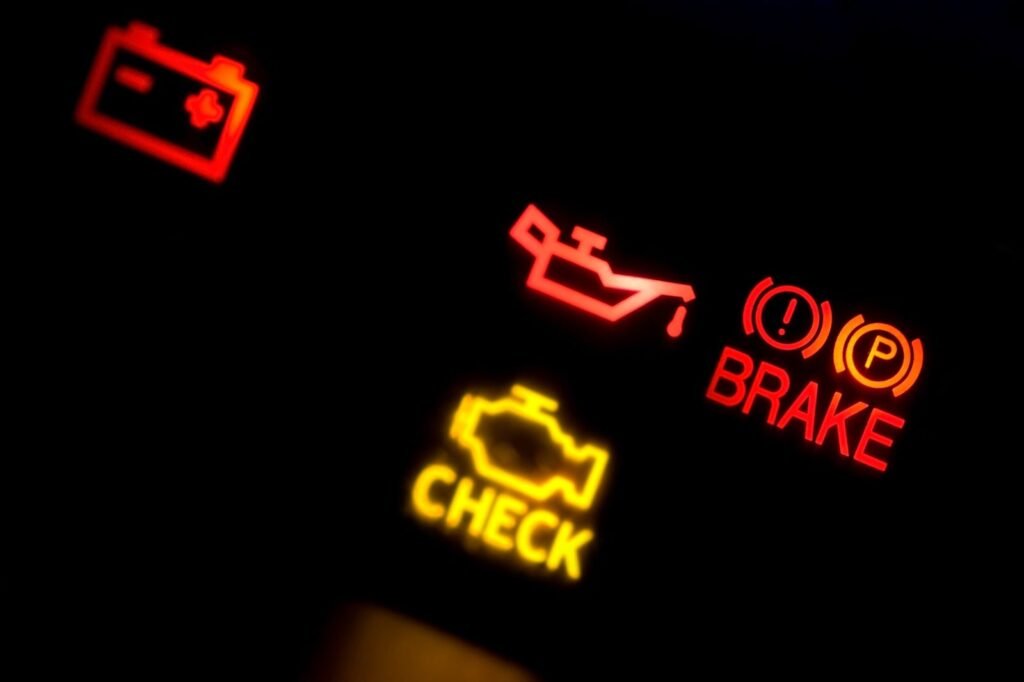
Why It Happens:
The check engine light is a critical warning system that indicates potential issues with your engine or related components. Ignoring this light can lead to minor problems escalating into major engine damage.
Steps to Avoid:
- Immediate Attention: As soon as the check engine light comes on, have your vehicle diagnosed by a professional mechanic. Modern vehicles have onboard diagnostic systems that can pinpoint the exact issue.
- Regular Diagnostics: Periodically have your vehicle’s computer system scanned for any stored trouble codes, even if the check engine light isn’t on. This can help identify potential problems before they become serious.
3. Driving with a Heavy Load


Why It Happens:
Consistently driving with a heavy load, whether it’s excessive cargo or towing, puts additional strain on your engine, transmission, and braking system. This can lead to overheating, increased wear, and decreased fuel efficiency.
Steps to Avoid:
- Know Your Limits: Check your vehicle’s maximum load capacity and adhere to it. Overloading your vehicle can cause severe damage over time.
- Distribute Weight Evenly: If you must carry a heavy load, distribute the weight evenly to avoid putting excessive strain on one part of the vehicle.
- Upgrade Components: If you frequently tow or carry heavy loads, consider upgrading your vehicle’s suspension, brakes, and cooling system to handle the extra stress better.
4. Using Low-Quality Fuel
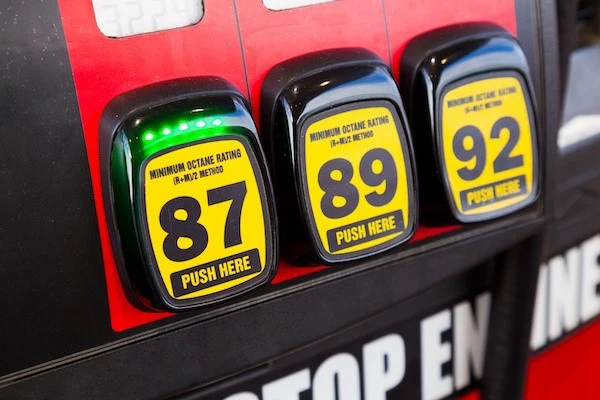
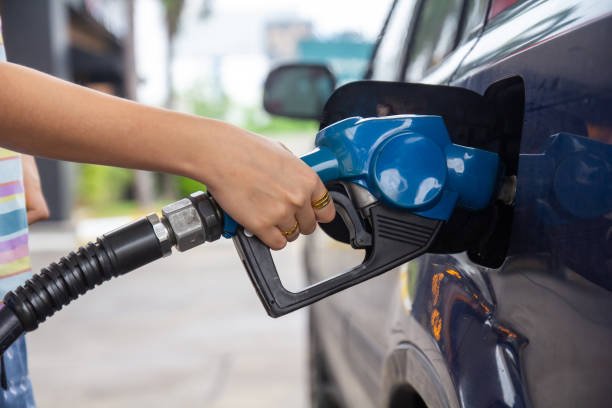
Why It Happens:
Low-quality or incorrect fuel can contain impurities and additives that may harm your engine. This can lead to poor performance, increased emissions, and long-term damage to engine components such as fuel injectors and the combustion chamber.
Steps to Avoid:
- Choose High-Quality Fuel: Purchase fuel from reputable gas stations that ensure quality control. Avoid stations that are known for subpar fuel quality.
- Follow Octane Recommendations: Use the octane rating recommended by your vehicle’s manufacturer. Using a lower octane fuel than required can lead to knocking and pre-ignition, which can damage your engine over time.
- Fuel System Cleaners: Periodically use a high-quality fuel system cleaner to help remove deposits and maintain optimal engine performance.
5. Overheating the Engine


Why It Happens:
Engines can overheat due to several reasons, including low coolant levels, a malfunctioning thermostat, a broken water pump, or a clogged radiator. Overheating can cause severe damage to the engine block, head gasket, and other components.
Steps to Avoid:
- Regular Coolant Checks: Check your coolant levels regularly and top up if necessary. Use the correct type of coolant as specified by your vehicle’s manufacturer.
- Maintain the Cooling System: Have your cooling system inspected periodically. Ensure the radiator, water pump, thermostat, and hoses are in good condition.
- Watch the Temperature Gauge: Pay attention to your vehicle’s temperature gauge. If it starts to climb into the red zone, pull over and turn off the engine to prevent further damage.
6. Poor Driving Habits


Why It Happens:
Aggressive driving habits such as rapid acceleration, hard braking, and high-speed driving put significant stress on your engine and other components. These actions can lead to increased wear, higher fuel consumption, and a shortened engine life.
Steps to Avoid:
- Smooth Acceleration and Braking: Accelerate and brake smoothly. This reduces stress on the engine, transmission, and braking system.
- Avoid High Speeds: Driving at high speeds increases engine RPM and puts additional strain on engine components. Stick to speed limits and drive at a moderate pace.
- Avoid Short Trips: Short trips, where the engine doesn’t have time to reach its optimal operating temperature, can lead to increased wear. Combine errands to reduce the number of short trips.
7. Skipping Scheduled Maintenance
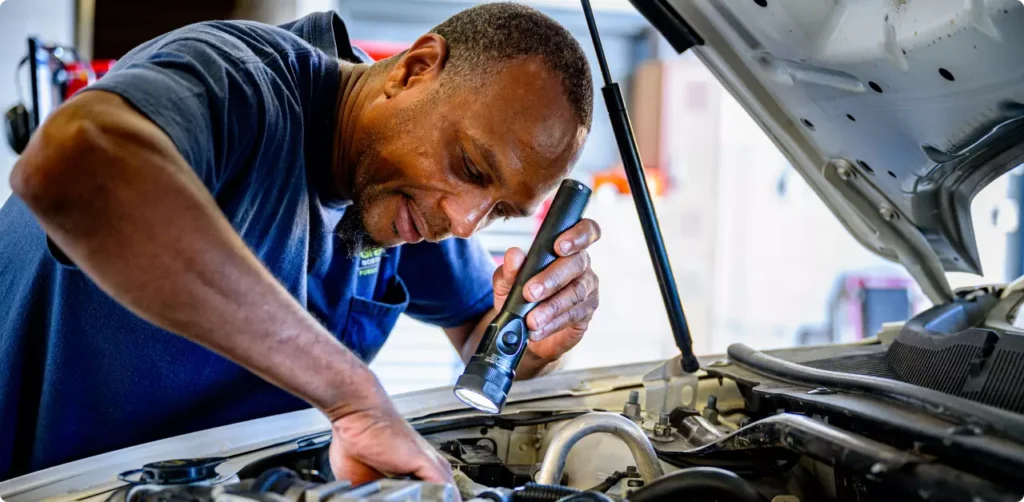
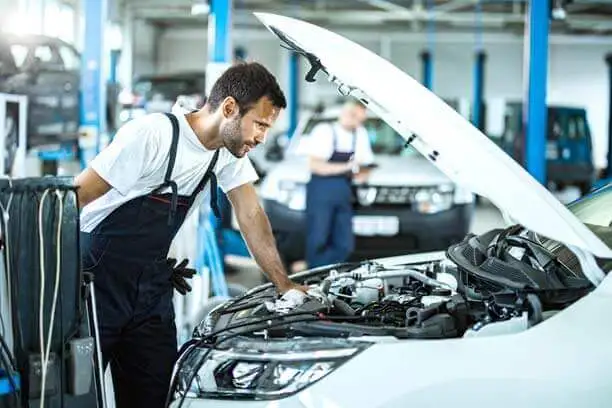
Why It Happens:
Scheduled maintenance is designed to keep your vehicle running smoothly and prevent minor issues from becoming major problems. Skipping these services can lead to undiagnosed issues that deteriorate engine health over time.
Steps to Avoid:
- Follow the Maintenance Schedule: Adhere to the maintenance schedule outlined in your vehicle’s owner manual. This typically includes oil changes, filter replacements, and inspections of key components.
- Regular Inspections: Have a professional mechanic inspect your vehicle regularly. They can identify potential issues early and perform preventive maintenance.
- Keep Records: Maintain a record of all services and repairs performed on your vehicle. This helps you stay on top of necessary maintenance and can be useful when diagnosing future issues.
Conclusion
Maintaining your engine’s health requires attention to detail and a commitment to regular care. By avoiding these common mistakes and following the recommended steps, you can significantly extend the life of your engine, ensuring reliable performance and avoiding costly repairs. Remember, a well-maintained engine is the key to a long-lasting and dependable vehicle.
FAQ: Common Practices That Decrease Engine Life and How to Avoid Them
1. Why are regular oil changes important for engine health?
Answer: Regular oil changes are crucial because oil lubricates the engine’s moving parts, reducing friction and wear. Over time, oil breaks down and becomes contaminated with debris, which can cause increased engine wear and damage if not replaced.
2. How often should I change my engine oil?
Answer: The frequency of oil changes depends on your vehicle and driving conditions. Typically, manufacturers recommend changing the oil every 3,000 to 7,500 miles. Check your owner’s manual for the specific interval for your vehicle.
3. What can happen if I ignore the check engine light?
Answer: Ignoring the check engine light can lead to minor issues becoming major problems. The light indicates potential issues with the engine or related components, and addressing it promptly can prevent serious damage.
4. How can I diagnose the cause of the check engine light?
Answer: You can use an OBD-II scanner to read the diagnostic trouble codes stored in your vehicle’s computer system. Alternatively, a professional mechanic can perform a comprehensive diagnostic check to identify and resolve the issue.
5. Does driving with a heavy load affect my engine?
Answer: Yes, consistently driving with a heavy load puts additional strain on your engine, transmission, and braking system. This can lead to overheating, increased wear, and reduced fuel efficiency.
6. What is my vehicle’s load capacity, and how can I find it?
Answer: Your vehicle’s load capacity is specified in the owner’s manual and is often listed on a sticker inside the driver’s door. It includes the weight of passengers, cargo, and any additional equipment.
7. Is using low-quality fuel bad for my engine?
Answer: Using low-quality or incorrect fuel can harm your engine by introducing impurities and causing poor performance. This can lead to increased emissions, engine knocking, and long-term damage to components.
8. What octane rating should I use for my vehicle?
Answer: Use the octane rating recommended by your vehicle’s manufacturer, usually specified in the owner’s manual. Using a lower octane fuel than required can cause knocking and pre-ignition, which can damage the engine.
9. What causes engine overheating?
Answer: Engine overheating can be caused by low coolant levels, a malfunctioning thermostat, a broken water pump, or a clogged radiator. Overheating can severely damage the engine block, head gasket, and other components.
10. How can I prevent my engine from overheating?
Answer: Regularly check coolant levels and top up if necessary, maintain the cooling system components, and monitor the temperature gauge. If the gauge shows overheating, stop and allow the engine to cool before addressing the issue.
11. How do aggressive driving habits affect engine life?
Answer: Aggressive driving, including rapid acceleration, hard braking, and high-speed driving, puts significant stress on the engine and other components. This increases wear, fuel consumption, and shortens engine life.
12. What are some tips for improving driving habits to extend engine life?
Answer: Accelerate and brake smoothly, avoid high speeds, and reduce the number of short trips by combining errands. These practices reduce stress on the engine and improve overall vehicle efficiency.
13. Why is scheduled maintenance important for my engine?
Answer: Scheduled maintenance is designed to keep your vehicle running smoothly and prevent minor issues from becoming major problems. Skipping these services can lead to undiagnosed issues that deteriorate engine health.
14. What services are typically included in scheduled maintenance?
Answer: Scheduled maintenance usually includes oil changes, filter replacements, fluid checks, brake inspections, tire rotations, and inspections of key components like belts, hoses, and the cooling system.
15. How can I keep track of my vehicle’s maintenance?
Answer: Maintain a record of all services and repairs performed on your vehicle. Use a maintenance log or mobile app to track your service history and receive reminders for upcoming maintenance.
16. What are the signs that my engine needs immediate attention?
Answer: Signs that your engine needs immediate attention include unusual noises, smoke from the exhaust, a drop in performance, poor fuel efficiency, and warning lights on the dashboard. Addressing these issues promptly can prevent further damage.
17. How does the type of oil I use affect my engine?
Answer: Using the correct type of oil, as specified by the manufacturer, ensures proper lubrication and protection of engine components. Using the wrong oil can lead to inadequate lubrication, increased wear, and potential engine damage.
18. Can using fuel system cleaners help maintain engine performance?
Answer: Yes, using high-quality fuel system cleaners periodically can help remove deposits and maintain optimal engine performance. These cleaners can improve fuel efficiency and reduce emissions.
19. What should I do if my vehicle’s temperature gauge indicates overheating?
Answer: If the temperature gauge shows overheating, pull over safely and turn off the engine. Allow the engine to cool before checking coolant levels. If the problem persists, have the vehicle inspected by a professional mechanic.
20. Are there any upgrades that can help my vehicle handle heavy loads better?
Answer: Yes, consider upgrading your vehicle’s suspension, brakes, and cooling system if you frequently tow or carry heavy loads. These upgrades can help your vehicle handle the extra stress and improve overall performance.
Car Sales in India: September 2024 Report – Maruti, Hyundai, Mahindra, Tata, and Toyota
The car sales report for September 2024 reveals a mixed bag for major automobile manufacturers…
Is “MF Ghost” Worth Watching? A Detailed Review
Anime enthusiasts and car lovers alike have been buzzing about MF Ghost, a successor to…
Ryan Reynolds’ Car Collection: What Cars Does Deadpool Drive?
Ryan Reynolds’ Car Collection: An In-Depth Look at the Vehicles Owned by the Hollywood Star…
How to Get Tar Off Your Car: A 6 Step Comprehensive Guide
Nothing can dampen your day quite like discovering tar splattered on your car. Whether it’s…
Engine Oil Dipstick: 9 Critical Questions Answered for Optimal Engine Health
(Disclaimer: Images used in this article are for illustrative purposes and may be subject to…
Top 10 Elite Hatchback Cars to Enhance Your Driving Experience
Hatchback Cars have always been a favorite among car enthusiasts for their compact design, practicality,…
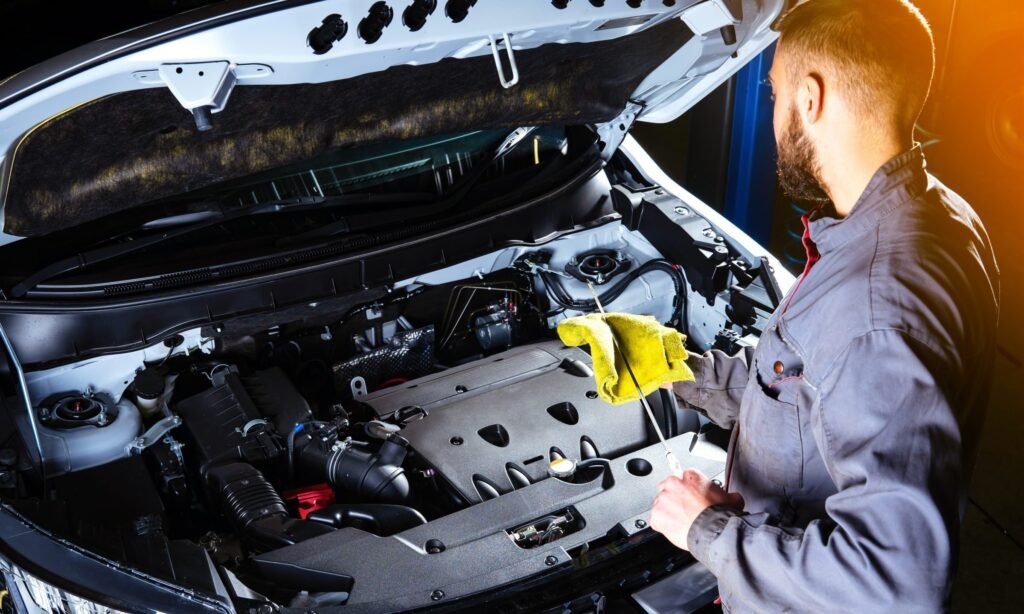




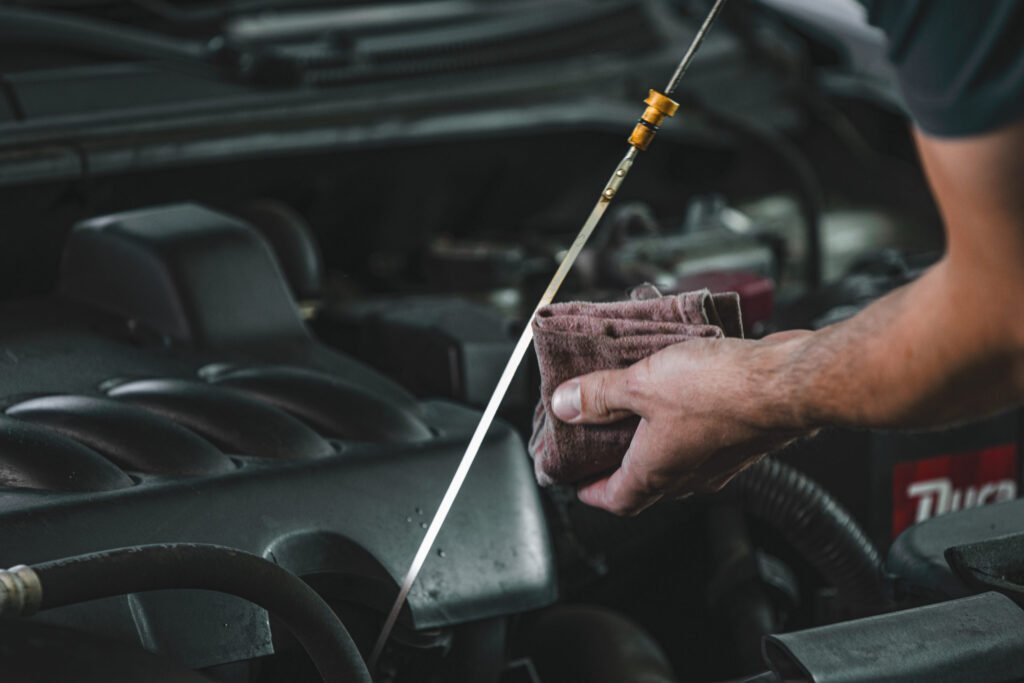

Pingback: Engine Oil Dipstick: 9 Critical Questions Answered for Optimal Engine Health - Topshotwheels